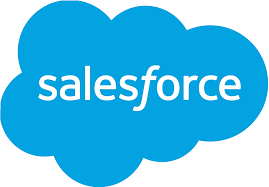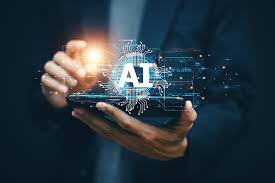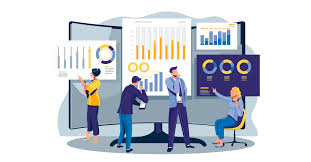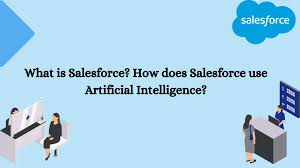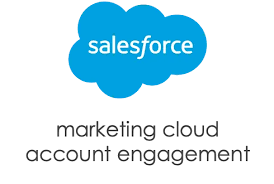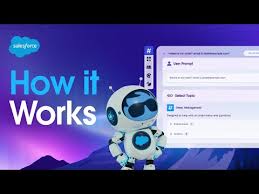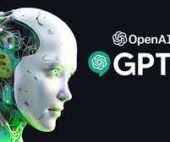Gen Z and Retail Travel Insights
Is Travel Retail Ready for Gen Z? New Research Highlights Gaps in Alignment The latest research from Swiss-based travel retail agency m1nd-set sheds light on the shopping and travel behaviors of Gen Z—a group poised to become the largest segment of traveling shoppers within the next few years. The findings reveal a pressing need for the travel retail industry to better align its offerings with the unique expectations and values of this influential generation. Gen Z: A Generation with Distinct Values and Habits Peter Mohn, CEO and Owner of m1nd-set, emphasized the importance of prioritizing Gen Z consumers, noting their markedly different behaviors compared to other generations. “Like the focus placed on Millennials and Chinese consumers in recent years, it’s critical to give equal or greater attention to Gen Z. This generation exhibits distinct traits, particularly in their consumer habits, lifestyle preferences, and media consumption,” Mohn said. Key insights from m1nd-set’s research include: How Gen Z is Reshaping Travel and Retail The research highlights how Gen Z is redefining the travel industry by prioritizing experiences that are authentic, eco-conscious, and culturally meaningful over traditional luxury goods and activities. “Gen Zs are reshaping tourism,” Mohn explained, “by focusing on flexible, short-haul travel and unique experiences. They spend a significant portion of their budgets on international travel, favoring local and sustainable options over dining or shopping at home. Cultural experiences resonate far more than nightlife or traditional tourism.” Key data points from m1nd-set’s study include: Challenges in Engaging Gen Z in Travel Retail Despite their growing presence, the research highlights key challenges in converting Gen Z travelers into loyal shoppers in duty-free and travel retail spaces: Opportunities for Travel Retail: Winning Over Gen Z Mohn emphasized the vital role of shop floor sales staff in boosting Gen Z conversion rates, noting that interactions with staff positively influence purchase decisions for over 70% of Gen Z shoppers who engage with them. To capture the attention of this discerning generation, m1nd-set recommends that travel retail businesses: A Generation of Growing Influence By 2030, Gen Z and their successors, Gen Alpha, are expected to spend three times as much as all other generations combined. Currently, Gen Z already wields a staggering $200 billion in spending power, solidifying their position as a key demographic for travel retail. However, to fully tap into this potential, the industry must evolve quickly to meet the demands of this purpose-driven, tech-savvy, and sustainability-focused generation. As Mohn concluded, “Travel retail must become more than just a place to shop—it should be an engaging, socially conscious destination that resonates deeply with Gen Z values.” Like Related Posts Salesforce OEM AppExchange Expanding its reach beyond CRM, Salesforce.com has launched a new service called AppExchange OEM Edition, aimed at non-CRM service providers. Read more Salesforce Jigsaw Salesforce.com, a prominent figure in cloud computing, has finalized a deal to acquire Jigsaw, a wiki-style business contact database, for Read more Service Cloud with AI-Driven Intelligence Salesforce Enhances Service Cloud with AI-Driven Intelligence Engine Data science and analytics are rapidly becoming standard features in enterprise applications, Read more Health Cloud Brings Healthcare Transformation Following swiftly after last week’s successful launch of Financial Services Cloud, Salesforce has announced the second installment in its series Read more


